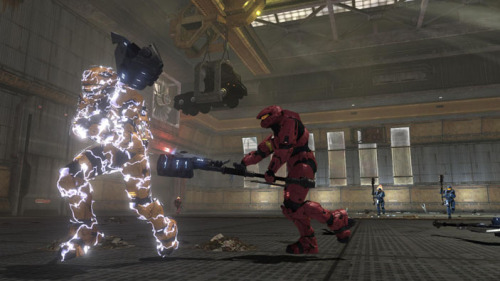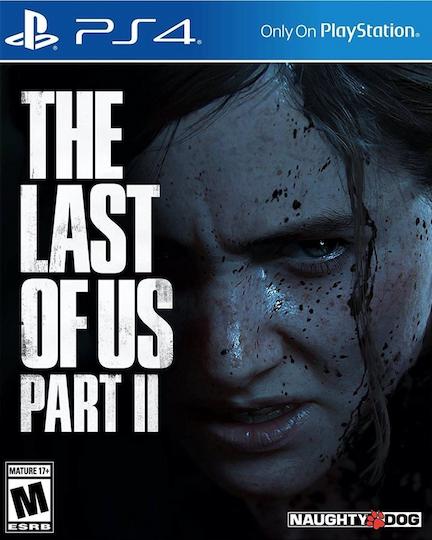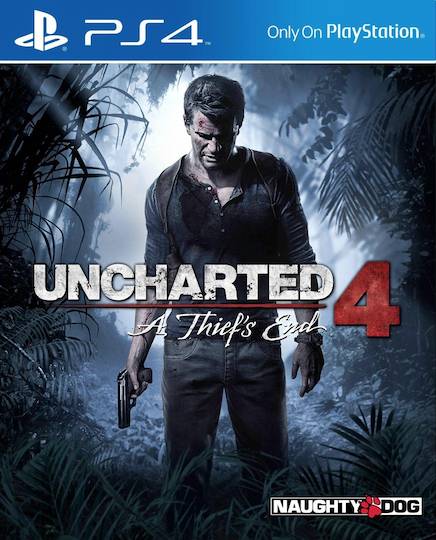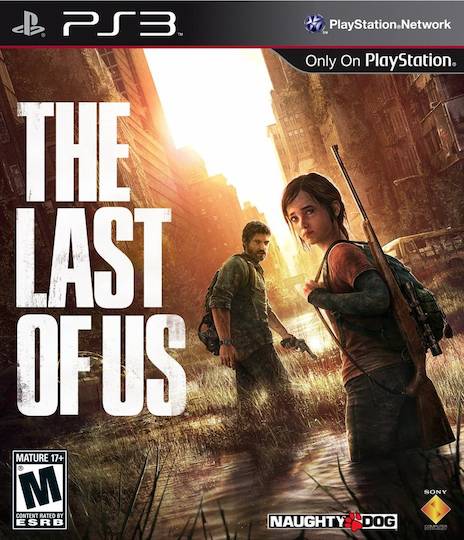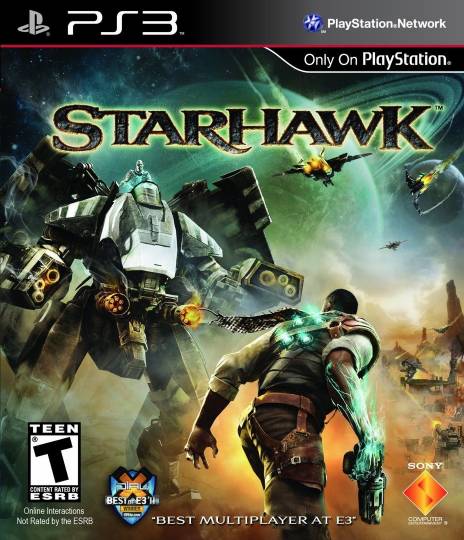Newer readers might not know that The Musical Box was once a proud monthly tradition on this blog. For better or for worse, I’ve been trying to move away from the general mishmash of subjects I used to cover and instead concentrate on exploring video games. However, rules are meant to be broken; here’s some recommended Summer listening.
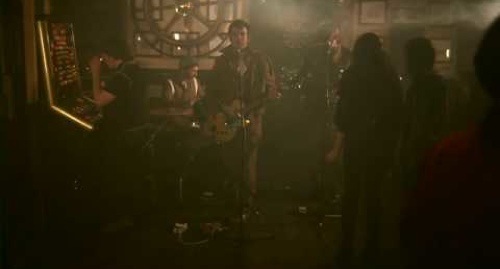
When I first listened to Future Of The Left‘s “The Hope That House Built”, my first thought was: “that’s the filthiest guitar I’ve ever heard!” Their latest album Travels With Myself and Another is dirty, hungry and excellent throughout. With indie rock tending toward dreamy Pet Sounds pop these days, their heavier sound is both refreshing and distinctive.
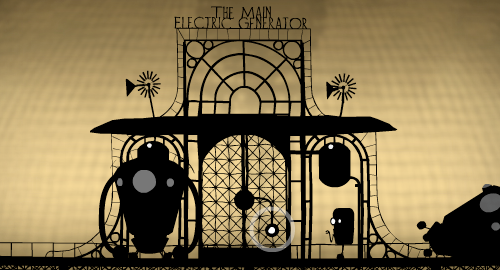
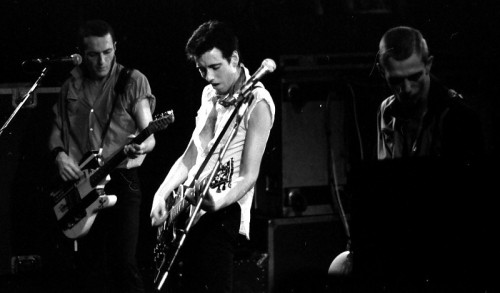
 Critical Distance – Punk & Indie Games
Critical Distance – Punk & Indie Games